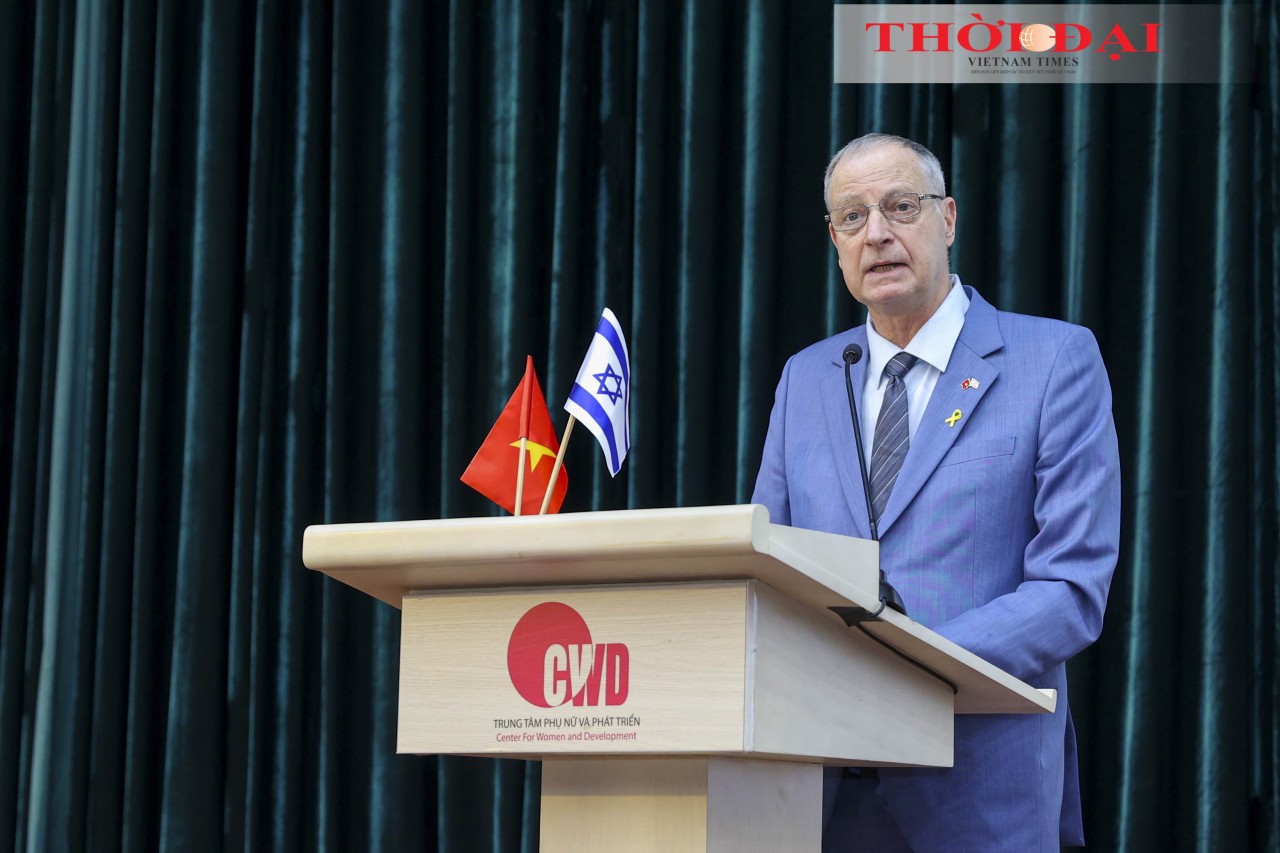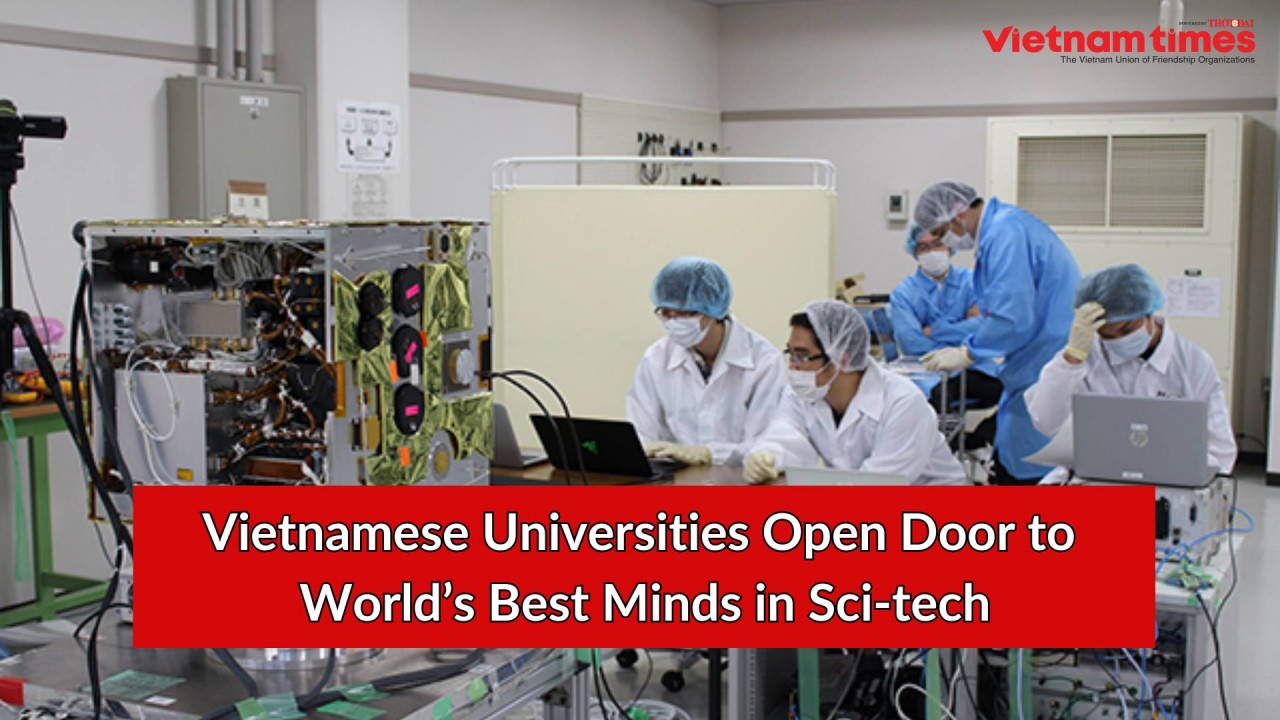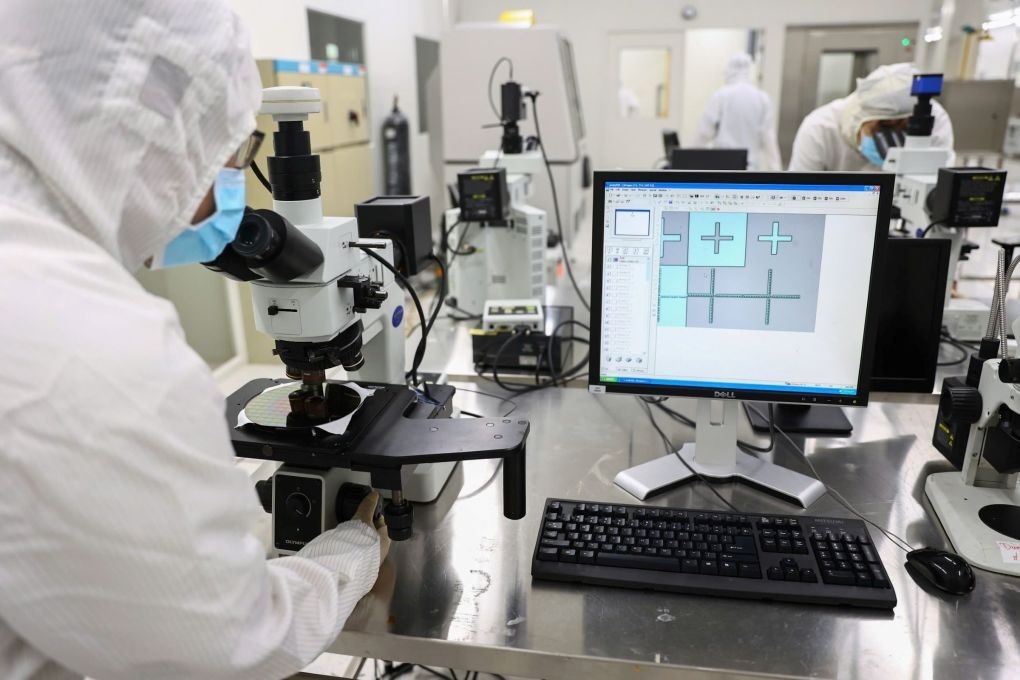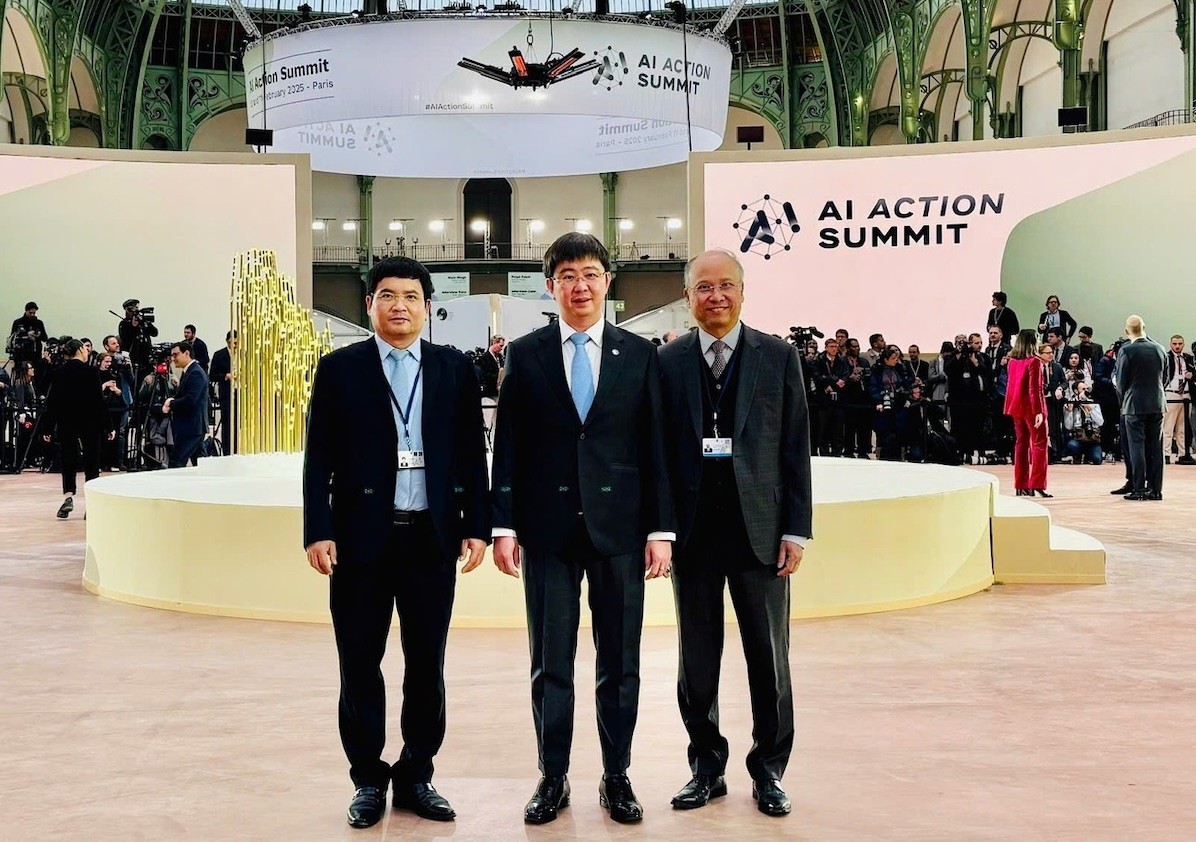Breakthrough Under Resolution 57: Lessons from Singapore
| Resolution 57: Key to Vietnam’s Breakthrough Development | |
| Vietnamese Universities Welcome Global Sci-Tech Talents |
In an interview with VNA correspondents in Singapore, Professor Vu Minh Khuong highlighted that science and technology generate immense value, not only directly through innovation but also by necessitating a shift in thinking, particularly in national governance. This transformation involves grasping modern trends and consequently reshaping management systems, governance structures, and operational frameworks. According to the professional, supporting the development of science and technology will help unlock the intellectual potential of Vietnam’s entire system, ultimately yielding significant achievements.
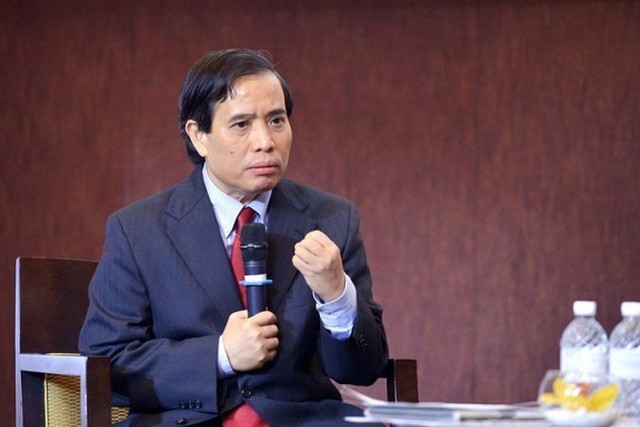 |
| Professor Vu Minh Khuong from the Lee Kuan Yew School of Public Policy, Singapore. |
Regarding the objectives set forth in the Resolution for 2030 and 2045, Professor Vu Minh Khuong expressed his hope for more concrete targets to ensure their practicality for the public. For instance, in public services, specific goals should be established to halve or reduce administrative procedures' processing time by two-thirds, or even make them digital. In the industrial sector, detailed roadmaps should outline what level Vietnam aims to reach by 2030 and 2045. To achieve this, responsibilities must be assigned to individuals of competence, with progress monitored annually and every five years to track substantial advancements.
Professor Vu Minh Khuong asserted that if Vietnam can integrate artificial intelligence (AI) into all sectors, it will yield significant breakthroughs. For instance, Vietnam could become a global medical hub or advance in the development of unmanned aerial vehicles (UAVs). The UAV industry, being a relatively new field, has the potential to generate tens of billions of US dollars in the coming years. Given Vietnam’s strengths in digital technology and modern technical equipment, substantial progress in this industry is attainable.
Sharing insights from Singapore’s experience, Professor Vu Minh Khuong noted that the country places great emphasis on promoting digital transformation and innovation. One of Singapore’s successful strategies is allocating government funds to support businesses in testing and developing new ideas, with the stipulation that both sides share the costs rather than offering full subsidies.
Singapore’s strength lies in its trust in businesses, carefully selecting recipients to avoid unnecessary skepticism. In other words, Singapore prioritizes trust in enterprises, delegating responsibilities boldly and transparently while the government focuses on post-implementation oversight. This approach allows associations to self-manage and take responsibility for their funds. More importantly, Singapore accepts that not all projects will succeed, as long as some generate substantial value.
According to Professor Vu Minh Khuong, investing in human resources is a highly worthwhile effort and a particular strength of Vietnam. To cultivate a robust workforce, educational institutions must adopt flexible, world-class training models. He was particularly impressed by Singapore’s willingness to invest in attracting top-tier instructors. Though the cost of hiring an expert might be tens of thousands of US dollars per day, the impact is significant because a single expert can teach hundreds or even thousands of learners, making the cost per student relatively low while maximizing value creation.
Additionally, workforce training should be market-driven rather than supply-driven. For example, in assessing the semiconductor industry’s workforce demand, if a company requires 300 to 500 employees, the government should fund the training of twice that number. Half of the trained personnel would meet business demands, while the remainder could attract new investments. Such dynamic training models ensure both market relevance and workforce vibrancy.
The Professor also pointed out that Vietnam has a vast intellectual and expert resource abroad, comprising highly skilled professionals with international experience. However, a prevailing issue is that while hundreds or thousands of overseas Vietnamese experts gather for conferences, events, and media discussions, there has yet to be an effective mechanism for their direct contributions to national development. Addressing this challenge requires a clear and practical approach.
Instead of seeking general recommendations, Vietnam should identify specific problems and assign capable individuals to resolve them. In other words, there should be well-defined requirements, allocated budgets for execution, and designated leaders, whether from Vietnam or abroad, responsible for tackling these challenges. To facilitate this, the first step should be to build a comprehensive database of experts across various specialized fields, including semiconductors, biotechnology, healthcare, and AI.
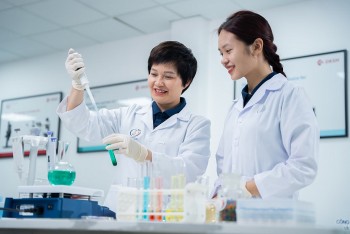 | Resolution 57-NQ/TW: Transformative Policies to Empower Scientists and Drive Innovation On December 22, 2024, Party General Secretary To Lam signed and promulgated Resolution 57-NQ/TW (Resolution 57) of the Politburo, towards breakthroughs in national science-technology development, ... |
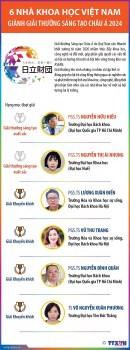 | 6 Vietnamese Scientists Win Asian Innovation Award 2024 Among the 15 scientists winning the 2024 Asian Innovation Award, there are 6 Vietnamese scientists. |
Recommended
 National
National
Vietnam News Today (May 29): Vietnam and Hungary to Expand Cooperation into New Areas
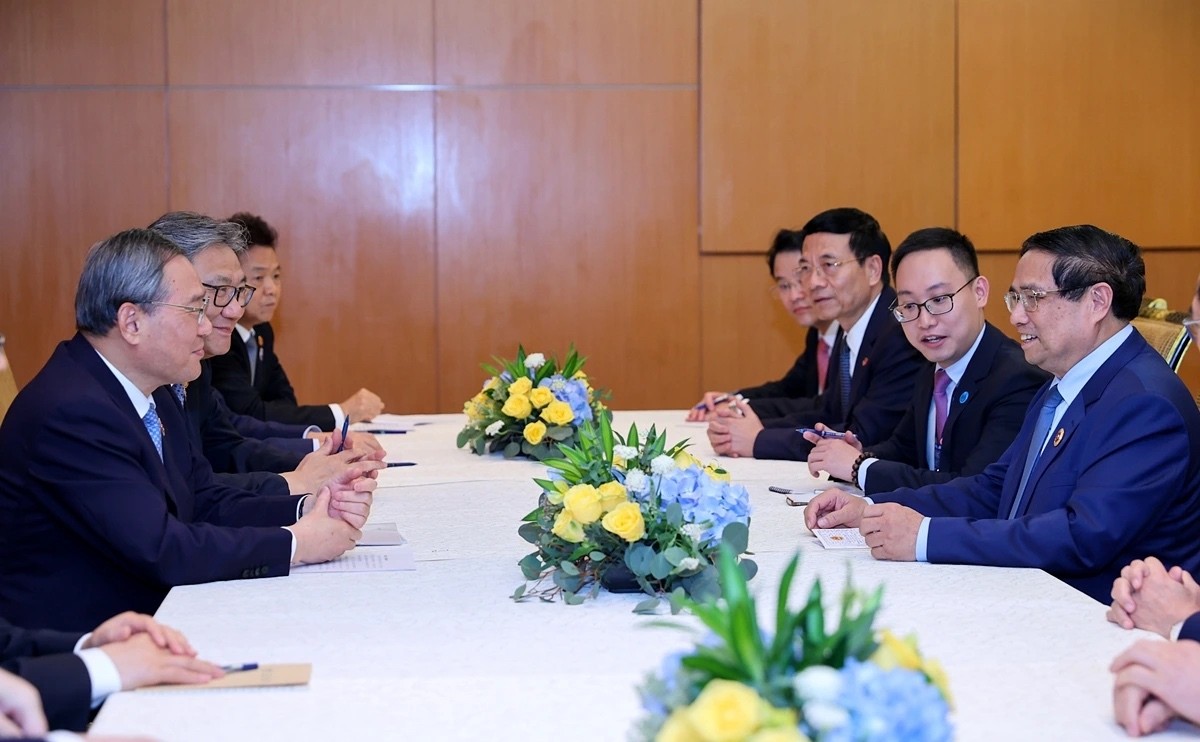 National
National
Vietnam News Today (May 28): Vietnam and China Discuss Strategic Cooperation Orientations
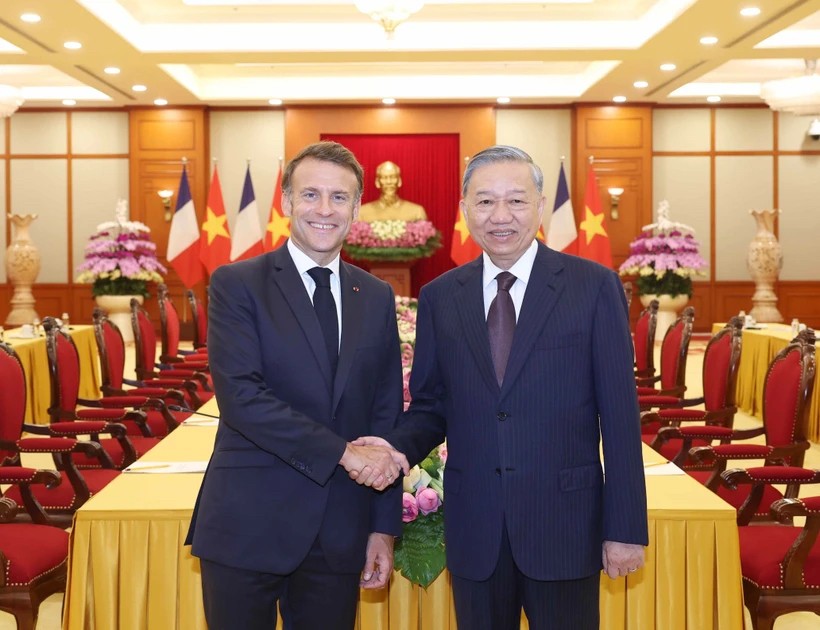 National
National
Vietnam News Today (May 27): Vietnam Treasures Multifaceted Collaboration with France
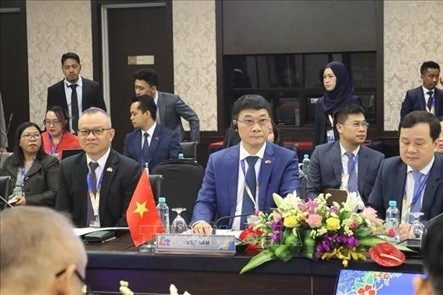 National
National
Vietnam Commits to Building an Inclusive, Sustainable and Cohesive ASEAN
Popular article
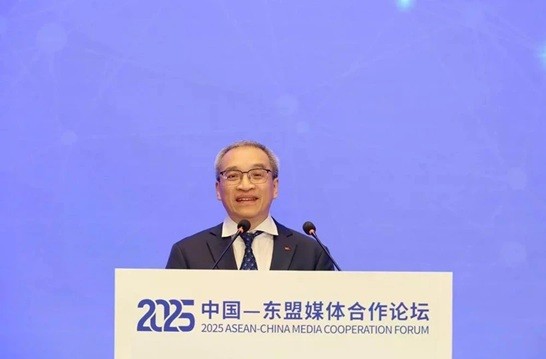 National
National
Vietnam Proposes Vision for Responsible Digital Journalism Cooperation
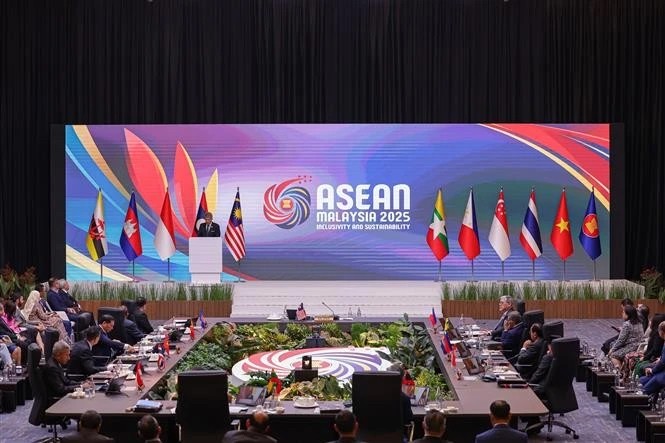 National
National
Vietnam News Today (May 26): Vietnam Attends ASEAN Meetings for Promoting Regional Cooperation
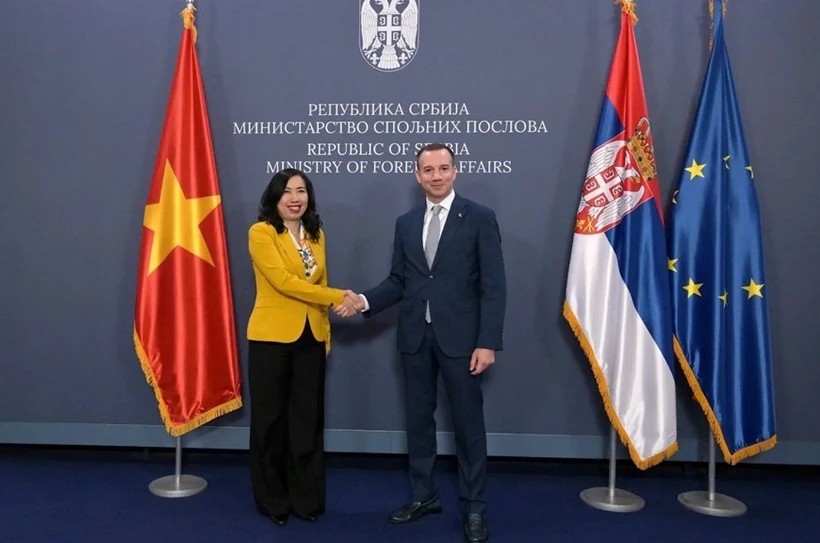 National
National
Vietnam News Today (May 25): Vietnam, Serbia Hold Political Consultation
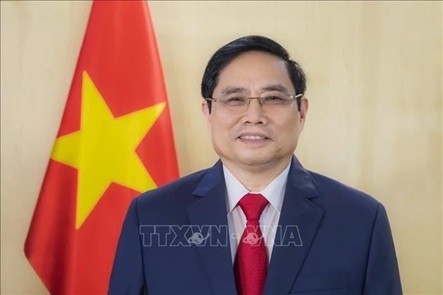 National
National




